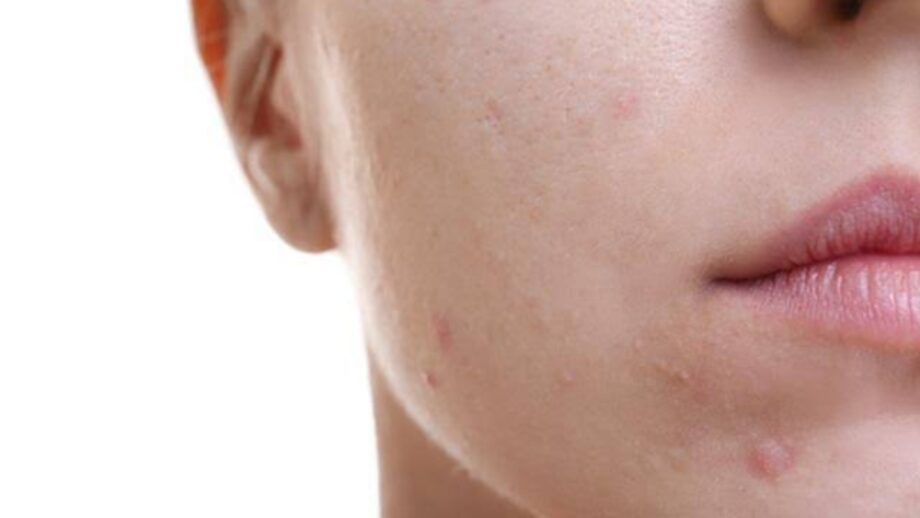Period acne differs from ordinary acne in that it is caused by fluctuations in hormone levels. Estrogen and progesterone levels decline just before your period begins. This may cause sebaceous glands in your skin to produce more sebum, an oily material that moisturizes your skin. Too much might clog pores and lead to breakouts. Hormones can also enhance skin irritation and acne-causing bacteria proliferation. Your skin becomes inflamed and acne develops as a result of the elevated levels of progesterone. If you already have acne, you’ll find that it’s becoming worse, becoming more bloated, and even hurting.
It’s a natural occurrence in our bodies that you’ll have to deal with at least once a month. Although hormonal changes throughout your monthly cycle may result in radiant skin, the majority of women develop acne on their faces. Here are some ways to help you deal with skin acne.
- Start integrating extra vegetables into your usual diet. Green vegetables and fruits are excellent for detoxing your body and flushing away pollutants.
- Sugar and dairy should be avoided if you want to keep your skin clear because they will only make acne worse.
- Avoid irritated skin by avoiding oily sunscreens, cosmetics, oils, and concealers.
- Friction-causing items to your skin such as tight collars, straps, and helmets should be avoided.
- Stay out of the sun as much as possible and use non-oily moisturizers with sunscreen to reduce your UV exposure.
- After exercising or any other activity, wash your face. Follow the directions on the acne products you’re using. If you use a lot, your skin can get irritated and dry.

